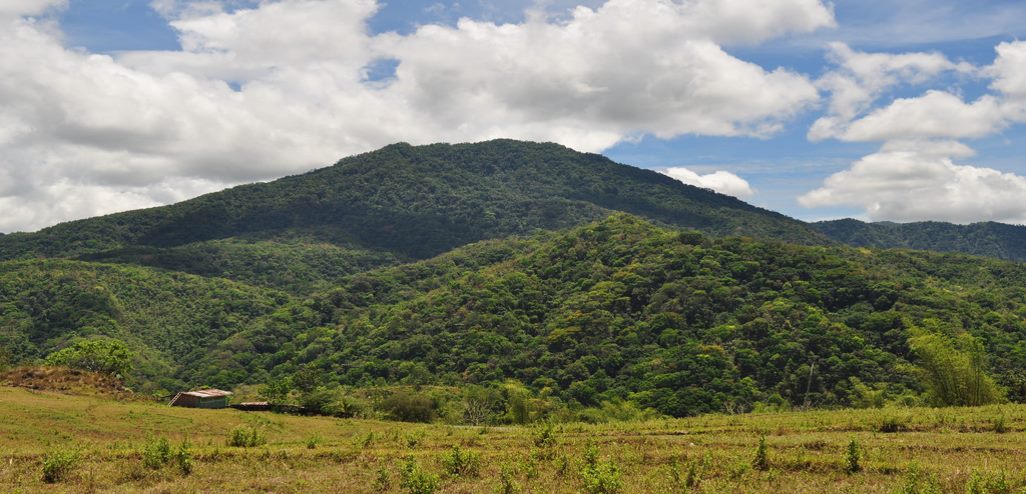
March 19, 2021 Friday

The Sibalom Natural Park, a 5,511.47-hectare lowland forest in Panay, was declared as a protected area in April 2000 by virtue of Presidential Proclamation 282 under RA No. 7586 or the National Integrated Protected Areas System Act. Photo from Sibalom Natural Park Protected Area Management Board Facebook Page.
MANILA, 20 March 2021 — The Climate Change Commission (CCC) called on the public to help sustain healthy forests and create a climate-resilient future for all, in celebration of the International Day of Forests.
The United Nations (UN) General Assembly marks March 21 of each year as the International Day of Forests. This year’s theme, "Forests: A path to recovery and well-being," aims to increase appreciation on the values, significance, and contributions of all types of forests and to raise awareness on deforestation and other threats they face.
Forests cover about one-third of the Earth’s land mass, providing habitat for 80% of the terrestrial species of animals and plants. Around 1.6 billion people, including more than 2,000 indigenous cultures, depend on forests for their livelihoods, medicine, fuel, food, and shelter.
Forests support the water cycle on earth, maintaining the balance of oxygen, carbon dioxide, and humidity in the atmosphere; protecting watersheds, which supply fresh water to communities; and preventing soil erosion and global warming. They are the largest storehouses of carbon after oceans, storing carbon in forest biomass, soils, and products equivalent to about 10% of carbon emissions projected for the first half of this century.
Despite the ecological, economic, social, and health benefits of forests, global deforestation continues at an alarming rate—with 13 million hectares of forests being destroyed annually, removing vital habitats for plant and animal species, lowering carbon dioxide absorption and oxygen production, and increasing the world’s carbon footprint. Deforestation accounts for 12-20% of the global greenhouse gas emissions that contribute to climate change, which also makes forests become increasingly vulnerable to changes in weather, temperature and rainfall patterns.
A study published by Scientific Reports on the “Effects of climate change and land cover on the distributions of a critical tree family in the Philippines”[1] revealed how climate change affects species of Philippine hardwood trees, such as yakal, apitong, guijo, hagakhak, and white lauan, and that areas suitable for the growth of these trees has already reduced their distribution by a median of 67%, with those within legislated protected areas by 37%. The study noted that most affected areas were in Southern Luzon and Northern Visayas.
Increasing temperatures can exacerbate the situation of the tress, which are already affected by deforestation and land use, said Sean Pang, the study’s lead author.
With this, the CCC urges all government instrumentalities, businesses and industries, the civil society, and all stakeholders to undertake and support efforts that would restore the health of our forests through more effective policies and measures, innovative solutions and approaches, and funding support.
In this International Day of Forests, the CCC expressed that everyone must work together to ensure a more sustainable and more resilient environment for our Filipino nation and the world.
[1] Pang, S.E.H., De Alban, J.D.T. & Webb, E.L. Effects of climate change and land cover on the distributions of a critical tree family in the Philippines. Sci Rep 11, 276 (2021). https://doi.org/10.1038/s41598-020-79491-9